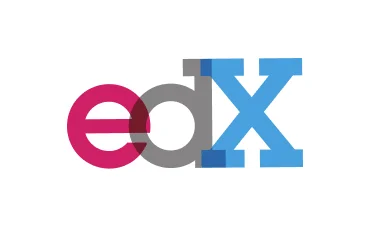When you enroll through our links, we may earn a small commission—at no extra cost to you. This helps keep our platform free and inspires us to add more value.

MITx: Supply Chain Fundamentals
Learn fundamental concepts for logistics and supply chain management from both analytical and practical perspectives – part of the MITx MicroMasters Credential in Supply Chain Management.

This Course Includes
 edx
edx 4.4 (66 reviews )
4.4 (66 reviews ) 13 weeks at 8-12 hours per week
13 weeks at 8-12 hours per week english
english Online - Self Paced
Online - Self Paced course
course MITx
MITx
About MITx: Supply Chain Fundamentals
This Supply Chain Fundamentals course is part of the MITx MicroMasters Credential in Supply Chain Management, offered by #1 ranked SCM Master's program at the Massachusetts Institute of Technology.
The CTL.SC1x Supply Chain Fundamentals course provides the foundational skills for supply chain management and logistics. You will learn how to develop and apply analytic tools, approaches, and techniques used in the design and operation of logistics systems and integrated supply chains. The material is taught from a managerial perspective, with an emphasis on where and how specific tools can be used to improve the overall performance and reduce the total cost of a supply chain. We place a strong emphasis on the development and use of fundamental mathematical models to illustrate the underlying concepts involved in both intra- and inter-company logistics operations.
The main topic areas we will focus on this course are:
Demand Forecasting, Planning, and Management
Inventory Planning, Management, and Control
Transportation Planning, Management, and Execution
While our main objective is to develop and use models to help us analyze these situations, we will make heavy use of examples from industry to provide illustrations of the concepts in practice. This is neither a purely theoretical nor a case study course, but rather an applied analytical course that addresses real problems found in practice.
What You Will Learn?
- Incorporate and manage uncertainty and risk within supply chain management.
- Segment different customers, products, and channels and design an optimal portfolio of logistics approaches and strategies for these various segments.
- Identify, design, and implement the appropriate forecasting methodology for each segment.
- Identify, design, and implement the appropriate inventory replenishment policy for each segment.
- Select the optimal transportation routing and modal choice for each segment.